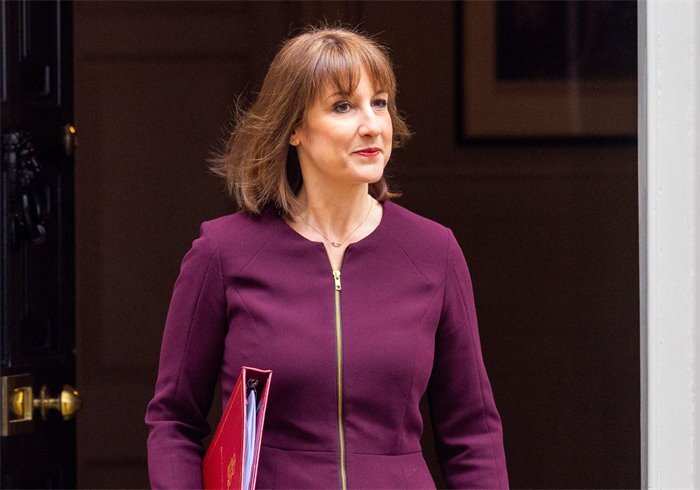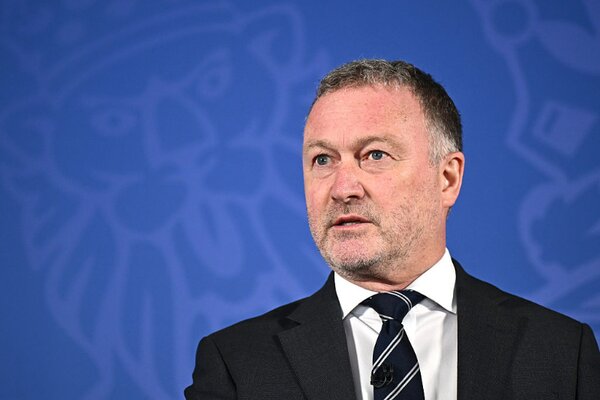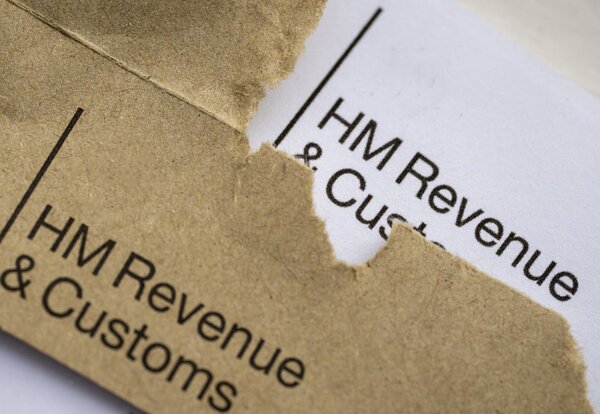With the Autumn Budget fast approaching, the financial world is bracing for what analysts describe as a potential £40bn tax raid. Chancellor Rachel Reeves faces mounting pressure to balance the books after forecasts revealed a worsening fiscal gap.
City analysts predict that Reeves may target income tax thresholds, business rates, and capital gains rules to restore stability. While the Labour government insists it will not raise taxes on “working people,” speculation is rife about indirect measures.
Through the Pie app, individuals and businesses can monitor Budget changes, estimate potential tax impacts, and stay compliant with the latest HMRC regulations.
Fiscal Forecast Turns Bleak
According to a research note by Berenberg Bank, the Office for Budget Responsibility (OBR) is likely to revise its forecast for 2029–30 from a £9.9bn surplus to a £27bn deficit.
This downgrade is attributed to higher borrowing, rising gilt yields, and the reversal of previous spending cuts forcing Reeves into what analysts call a “Budget repair job.”
To restore fiscal headroom, Reeves may need to raise or adjust at least 10 taxes. The bank projects that such measures could collectively bring in over £44bn, offsetting the economic shortfall and ensuring compliance with Labour’s fiscal rules.
Extending the Income Tax and NI Freeze
The most likely move, analysts say, is an extension of the income tax and National Insurance threshold freeze through 2030.
Originally frozen under Conservative rule until 2028, this policy has already pushed 4.1 million workers into higher tax brackets. Extending the freeze would generate around £10bn in additional revenue but further deepen the effects of fiscal drag.
Equalising Small Business Rates
Adjusting the small profits rate for limited companies could yield another £3bn.
Currently, firms earning less than £50,000 are taxed at 19%, while those exceeding £250,000 face 25%. Equalising or narrowing this gap would raise funds though critics warn it may discourage small business growth during an already fragile recovery.
New Bank Levy
Financial institutions could face a new bank tax modeled after Margaret Thatcher’s 1981 deposit levy.
The proposal, backed by Blairite economists, would charge major banks a fee on reserves held with the Bank of England, potentially raising £6bn to £8bn per year.
Reeves is under pressure to ensure such a measure does not stifle liquidity amid volatile market conditions.
Reform of Gambling Duties
Building on calls by former prime minister Gordon Brown, the Chancellor could introduce a major overhaul of gambling taxes.
Increasing Remote Gaming Duty to 50% and raising levies on slot machines could generate around £1bn annually, earmarked to fund anti-poverty initiatives. However, racing bodies have demanded exemptions for racecourse betting levies.
Council Tax Overhaul
A revaluation of council tax bands, last updated in 1991, could deliver £5bn in new revenue.
Wealthier households in London and the South East would likely face the largest increases. Analysts believe new upper bands or regional adjustments may form part of a broader property tax reform, though ministers have repeatedly denied any confirmed plans.
Expanding the VAT Net
Lowering the VAT registration threshold from £90,000 would bring thousands of smaller firms into the tax system.
This adjustment, expected to yield £2bn, would also align the UK more closely with EU VAT standards. However, business groups caution that compliance costs could overwhelm small enterprises still recovering from inflationary pressures.
Economic and Political Balancing Act
The Chancellor’s challenge is twofold restore fiscal discipline without violating Labour’s pledge not to raise direct taxes on “working people.”
With just weeks until the November 26 Budget, City analysts expect Reeves to pursue “stealth” revenue measures that can be defended as technical adjustments rather than outright hikes.
Berenberg’s report concludes:
“Restoring a £10bn margin for error would imply £35–40bn in tax rises and spending cuts. Political risk remains the biggest obstacle to a credible fiscal plan.”
For individuals, landlords, and business owners, the Pie app offers real-time Budget alerts, tax calculators, and personalised forecasts.
Users can simulate the impact of changes to VAT, income tax, or National Insurance thresholds to ensure financial readiness before the Budget is announced.











